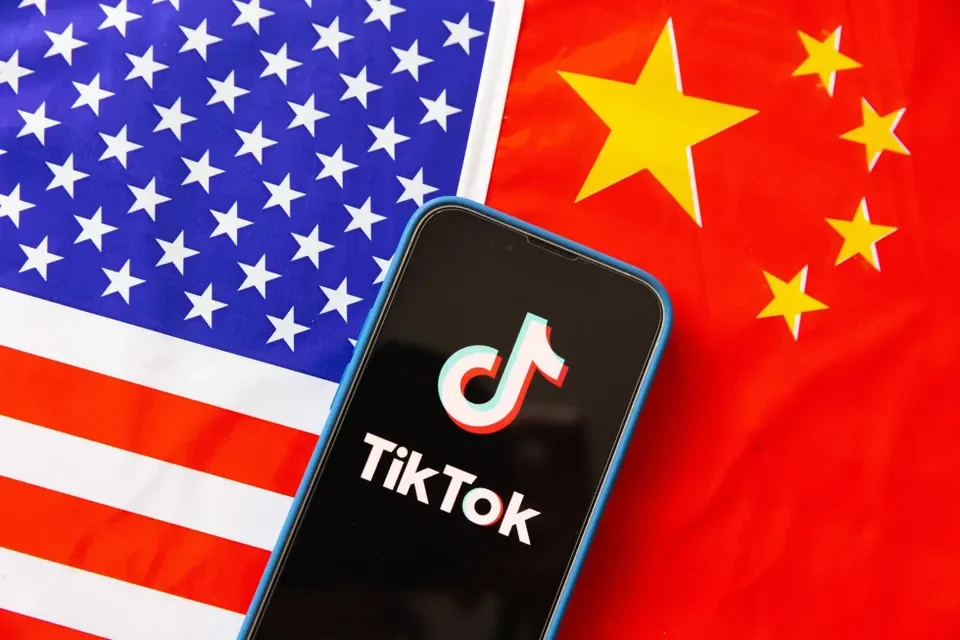A prominent US legislator monitoring China-related issues has raised alarms about a key element in the planned handover of TikTok’s domestic operations.
Allowing the Chinese originator to license its vital recommendation system to the buyers could invite major security vulnerabilities, he cautioned.
John Moolenaar, a Republican leading the House group on strategic rivalry with China, aired these views at an event on Thursday.
He’s seeking an in-depth session with officials to clarify the setup. “Chinese hold on the tech that drives content is inherently risky,” Moolenaar stated, stressing potential ongoing sway.
The app, beloved by 170 million in the country for quick clips, faces ongoing probes into data handling and external control due to its overseas headquarters.
Deal Details and Deadlines
President Donald Trump’s late-September directive greenlit the shift of the US branch to a mix of local and foreign buyers, deeming it compliant with safety rules from a new law. This grants 120 days for closure, averting an outright block.
The core tech would get overhauled and watched by US cyber experts, with runtime managed by the fresh alliance. ByteDance’s ownership dips below 20% to meet the 2024 rule demanding sale or shutdown by early 2025.
Governance features ByteDance picking one of seven directors, Americans filling the rest for clear majority sway. Trump earlier postponed ban activation to January 20, easing immediate pressure.
Challenges in Achieving True Separation
Moolenaar doubts easy fixes for the code. “A brand-new build is needed; reprogramming might not cut it,” he said.
Tech pros agree the formula’s secrets mixing habits, info, and AI are hard to unravel fully.
This opacity sparks worries over hidden influences, like slanted feeds or data leaks. Experts insist on total detachment to block interference paths that could affect opinions or privacy subtly.
The lawmaker called it an “ongoing effort,” hinting at possible tweaks via legislative eyes. His panel ensures such pacts don’t undermine digital defenses.
Wider Effects on Tech Rules
This case spotlights cross-party drives to limit alien grips on communication tools. The statute arose from fears these platforms double as info gatherers, spurring tougher checks industry-wide.
For everyday folks, changes might alter video suggestions or spark pauses in service. Content makers and brands tied to the site watch for reach impacts.
With time running, demands grow for solid proofs of freedom from old ties. Moolenaar’s input ramps up calls for ironclad splits, setting precedents for similar shifts ahead. Absent that, threats to open discourse and confidence persist.
Company spokespeople stayed silent on the feedback, as more info trickles out.






